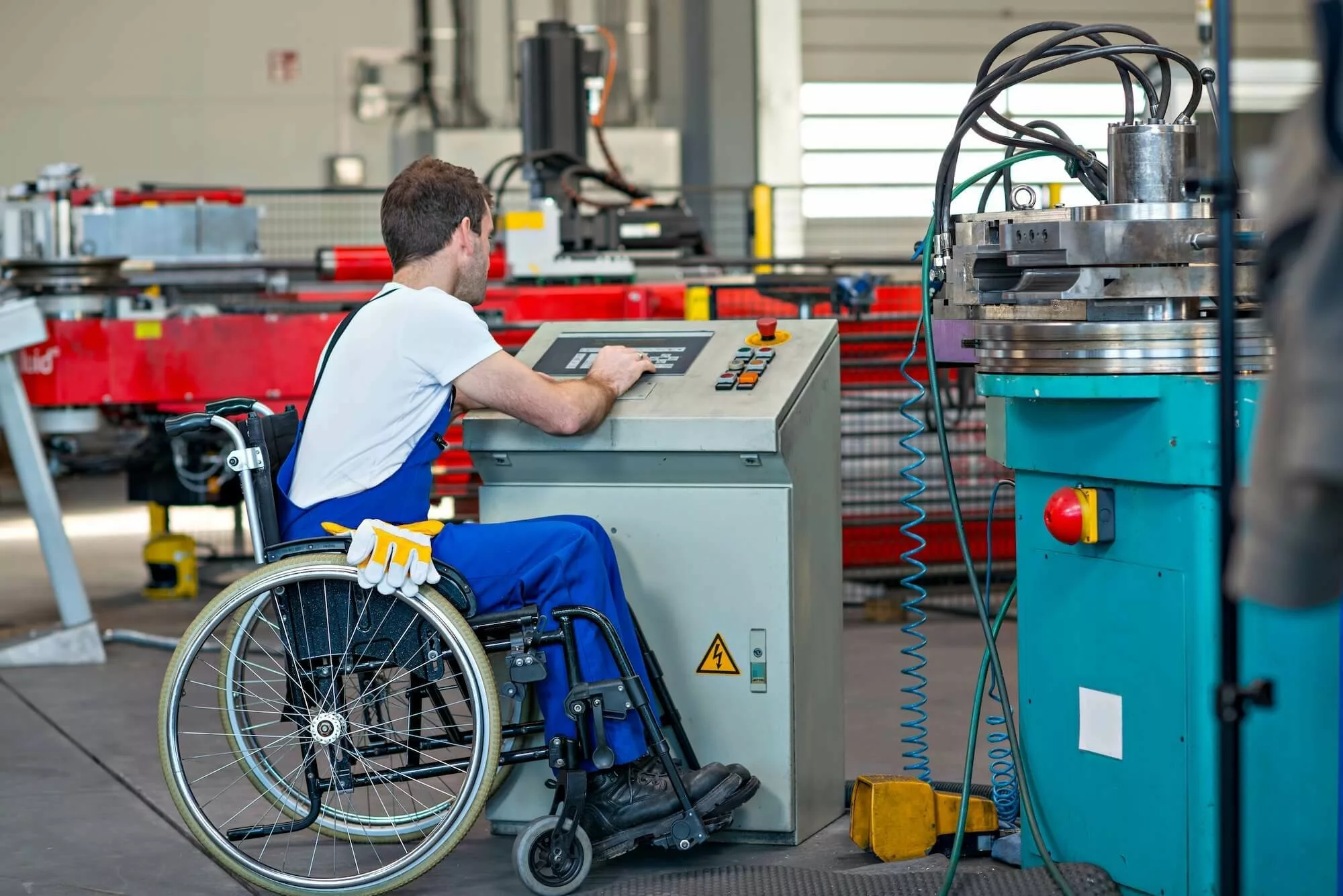
Can I Have Both a New Job and Workers’ Comp Benefits?
If you’re recovering from a workplace injury and considering taking on a new job, you may be wondering how this will impact your workers’ compensation benefits. The good news is that it’s possible to work a new job and still receive benefits, but there are important considerations to keep in mind. Your eligibility depends on the type of benefits you’re receiving, the nature of your new job and whether your new employment aligns with your doctor’s restrictions. Let’s explore what you need to know.
Understanding the Types of Workers’ Compensation Benefits
Workers’ compensation benefits come in different forms, and your new job can affect these differently:
Temporary Total Disability (TTD): These benefits are provided when your injury prevents you from working entirely. If your doctor clears you to return to work— whether in your current role or a new job— your TTD benefits will typically stop. However, if you take a job that your doctor has not approved, this could jeopardize your case.
Temporary Partial Disability (TPD): If your injury restricts the type of work you can do and you take a lower paying job within those restrictions, you may still qualify for TPD benefits to make up for the difference in income.
Permanent Partial Disability (PPD): These benefits are awarded after you’ve reached maximum medical improvement and are based on the extent of your injury. Your new job won’t affect your PPD benefits.
Vocational Rehabilitation: If your injury prevents you from returning to your previous occupation, you may be entitled to assistance in finding a new job or retraining for a different role.
Knowing which benefits apply to your situation is critical, and speaking with an attorney can help ensure your rights are protected.
How Taking a New Job Can Impact Your Benefits
While working a new job doesn’t automatically disqualify you from receiving workers’ compensation benefits, there are specific scenarios to consider:
Staying Within Medical Restrictions: Your doctor’s recommendations are the foundation of your case. If your new job exceeds the physical restrictions your doctor has outlined, it could harm your claim. Always consult with your doctor before accepting new employment.
Reporting Income Changes: If you’re receiving TTD or TPD benefits, you must report any new income to the workers’ compensation insurance company. Failing to do so could lead to allegations of fraud.
Earning Less Than Your Previous Job: If your new job pays less due to your injury, you might qualify for TPD benefits. However, the insurance company will need documentation to calculate the wage differential.
Risks and Precautions to Consider
Taking a new job can present risks if not handled properly. For example:
If you quit your current job before confirming your employer’s ability to accommodate restrictions, the insurance company may argue that they could have offered work within those limits.
Working a job that contradicts your medical restrictions could not only impact your case but also risk worsening your injury.
To avoid these pitfalls, consult with your attorney before making decisions about new employment.
The Bottom Line
Yes, you can take a new job while receiving workers’ compensation benefits, but careful planning is essential. Your benefits may be affected depending on your circumstances, and staying within your doctor’s restrictions and reporting income changes is crucial to maintaining your eligibility.
At Black & Jones Attorneys at Law, we can guide you through the complexities of workers’ compensation, ensuring you understand your rights and make informed decisions. If you’re considering a new job or have questions about your benefits, contact us for a free consultation. Call (815) 967-9000 or fill out our online form today. We’re here to help you protect your benefits while moving forward with confidence.